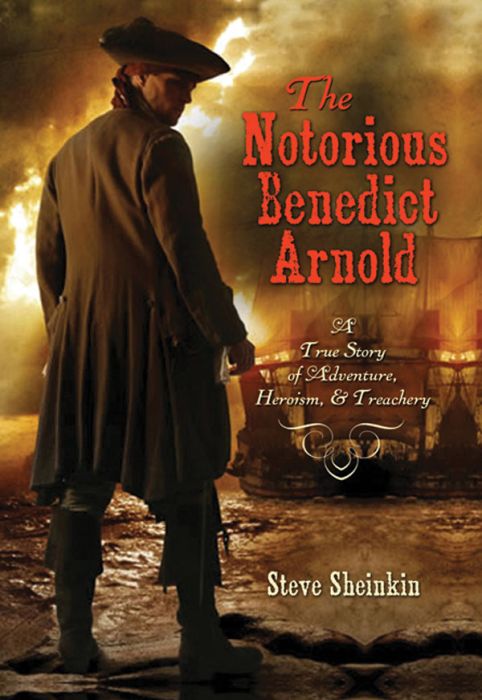
The Notorious Benedict Arnold: A True Story of Adventure, Heroism, and Treachery
Written by Steve Sheinkin
Publisher
Roaring Brook
Imprint
Flash Point
ISBN
Written by Steve Sheinkin
9781596434868
Awards and Honors 2012 YALSA Award for Excellence in Nonfiction for Young Adults Winner; YALSA Readers' Choice Nomination 2012, Nonfiction; Horn Book Fanfare, Best Books of 2010, Nonfiction; School Library Journal 2010 Best Book: Nonfiction; 2011 Boston Globe-Horn Book Award, Nonfiction; 2011 Cybils Awards, Nonfiction, Middle Grade and Young Adult, FinalistThe Notorious Benedict Arnold: A True Story of Adventure, Heroism, and Treachery
 19.99
19.99
Out of stock
SKU
9781596434868J
|
Standard MARC Records Cover Art |
History - High (Grades 9 & Up)
History High
History - High (Grades 9 & Up)
For Grades 9 & Up
This collection of 12 nonfiction and historical fiction books offers compelling, well-documented accounts of past events and figures. With a mix of biographies, realistic fiction, and historical analysis, these selections provide a deeper understanding of history’s impact. Some titles may be written for adults.
12 books per Year
$259.20 per Year
Interests
Fiction, Mature Readers, Nonfiction, Biographies, Realistic Fiction, History



